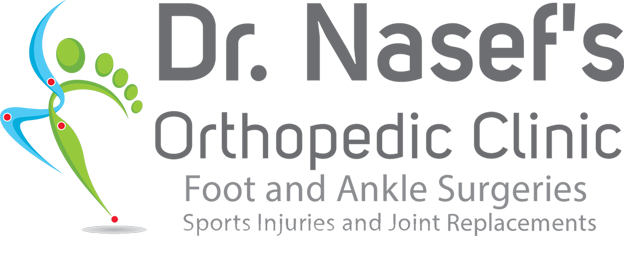 DEFINITION
DEFINITION
Gout is a type of arthritis that causes intense pain, swelling, and stiffness in a joint; classically, it affects the big toe. Gout is a recurring condition.
Gout is the most common form of inflammatory arthritis in men. The condition is characterized by sudden and severe pains, redness, and tenderness in the joints, most classically in the base of the big toe.
These symptoms occur when uric acid, a normal metabolism byproduct, is deposited in the form of needle-like crystals in tissues and fluids within the body.
The body views these crystals as foreign, and white cells infiltrate the joint, causing an inflammation. Chalky deposits of uric acid known as tophi can also form as lumps under the skin surrounding the joints.
CAUSE
Gout is caused initially by an excess of uric acid in the blood (hyperuricemia). Uric acid is produced in the body during the breakdown of purines – chemical compounds that are found in high amounts in certain foods such as meat, poultry, and seafood.
Normally, uric acid is dissolved in the blood and is excreted from the body in urine via the kidneys. If too much uric acid is produced, or not enough is excreted, it can build up and form needle-like crystals that trigger inflammation and pain in the joints and surrounding tissue.
TREATMENT
During symptom-free periods, these dietary guidelines may help protect against future gout attacks:
- Keep your fluid intake high. Stay well-hydrated, including plenty of water.
- Limit your intake of meat, fish and poultry. A small amount may be tolerable, but pay close attention to what types, and how much, seem to cause problems for you.
- Maintain a desirable body weight. Choose portions that allow you to maintain a healthy weight. Losing weight may decrease uric acid levels in your body. But avoid fasting or rapid weight loss, since doing so may temporarily raise uric acid levels.
- Limit or avoid, alcohol especially beer. Talk with your doctor about whether any amount or type of alcohol is safe for you.
- Nonsteroidal anti-inflammatory drugs (NSAIDs). NSAIDs include over-the-counter options such as ibuprofen and naproxen sodium, as well as more-powerful prescription NSAIDs such as indomethacin or celecoxib.
After an acute gout attack resolves, your doctor may prescribe other medications that can control gout pain and symptoms daily dose of colchicine to prevent future attacks.
- Corticosteroid medications, such as the drug prednisone, may control gout inflammation and pain. Corticosteroids may be administered in pill form, or they can be injected into your joint.
Corticosteroids are generally reserved for people who can’t take either NSAIDs or colchicine. Side effects of corticosteroids may include mood changes, increased blood sugar levels and elevated blood pressure.
If you experience several gout attacks each year or if your gout attacks are less frequent but particularly painful, your doctor may recommend medication to reduce your risk of gout-related complications.
If you need further assistance, see your foot doctor.
Big toe Pain
Heel Pain / Plantar Fascitis
Heel Pain and injection
Heel Pain / Plantar Fascitis
Heel Pain / Plantar Fascitis
Big toe Pain
Heel Pain / Plantar Fascitis
Heel Pain and injection
Heel Pain / Plantar Fascitis


